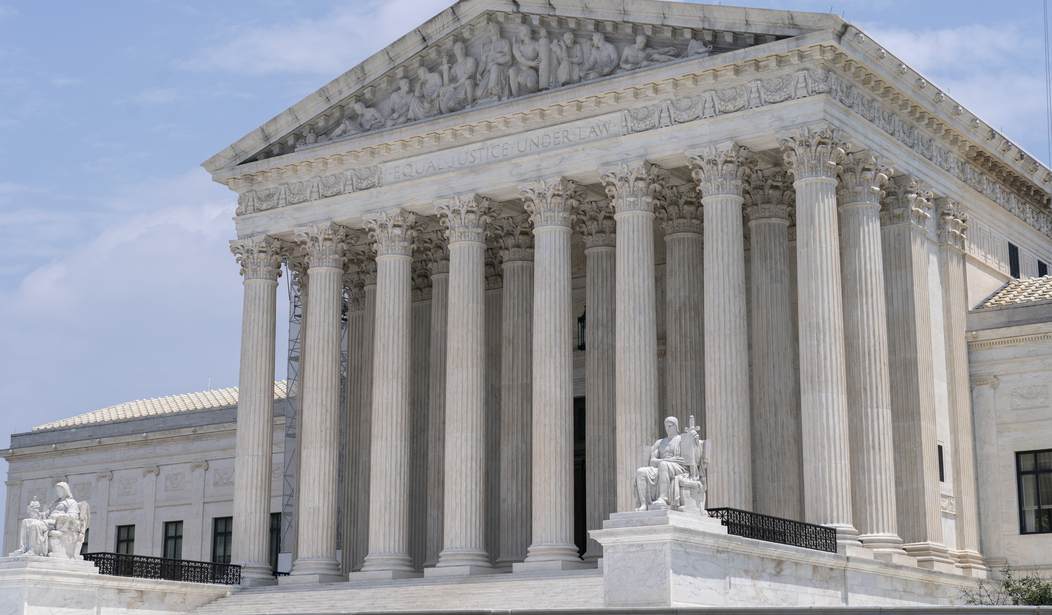Can you be barred from owning or carrying firearms if you’ve never been convicted of a crime? The answer is, unfortunately, yes. If you are under a domestic violence restraining order, you can’t have guns, despite never really getting a fair shake in court.
That’s at the heart of United States v. Rahimi.
Rahimi isn’t a good man, from all indications. He’s done some terrible thing and is probably not the kind of guy I’d want my daughter to date.
But his arrest regarding gun charges happened without a conviction for anything that would disqualify him from owning guns. That’s the heart of the case here.
Yet the media continues to write headlines like this: “Gun reform groups urge Supreme Court to keep firearms away from domestic abusers.”
Can the government take guns away from abusive partners?
The question is at the heart of a major Second Amendment test in front of the US Supreme Court next month, reviewing yet another challenge to the constitutional boundaries of the nation’s gun laws in a case that asks if a federal ban on the possession of firearms for people subject to domestic violence restraining orders can stand.
Under a strict reading of a landmark Second Amendment ruling from the court’s conservative supermajority last year, it can’t. Domestic violence survivors could face a ruling next year that would allow their alleged abusers to arm themselves without intervention from the courts or law enforcement.
A coalition of gun violence prevention groups, survivor advocates and public health organisations are warning that such an outcome could endanger many women, children and families.
And let’s understand that, in theory, the Supreme Court could rule that domestic violence isn’t a disqualifying offense, but it’s not likely they would.
First, even the Bruen decision allowed for people to be disqualified from owning firearms if they were deemed a threat. I have an issue with how far people are willing to take that, but I’m not a Supreme Court justice.
Second, the Court typically tries to rule narrowly in most cases.
What that means for Rahimi is that this is about whether the restraining order should bar someone who hasn’t been convicted of anything from being able to exercise their Second Amendment rights.
It’s what it’s always been about.
Yet that’s not terrifying enough for the media. They don’t want people to see the reality, they want people to be scared and click on the link so they can get advertising revenue. To do that, media outlets reframe what’s happening so as to convince people that domestic abusers are about to be able to go out and buy guns lawfully.
That’s not remotely what the case is about.
This is about whether a situation that has a much lower burden of proof than a criminal trial should result in people losing their constitutionally protected rights. That’s it.
But they won’t present it as such.
The truth of the matter is that a pro-2A ruling in Rahimi won’t actually impact most people in any way, shape, or form. The media just can’t sell it that way.







Join the conversation as a VIP Member